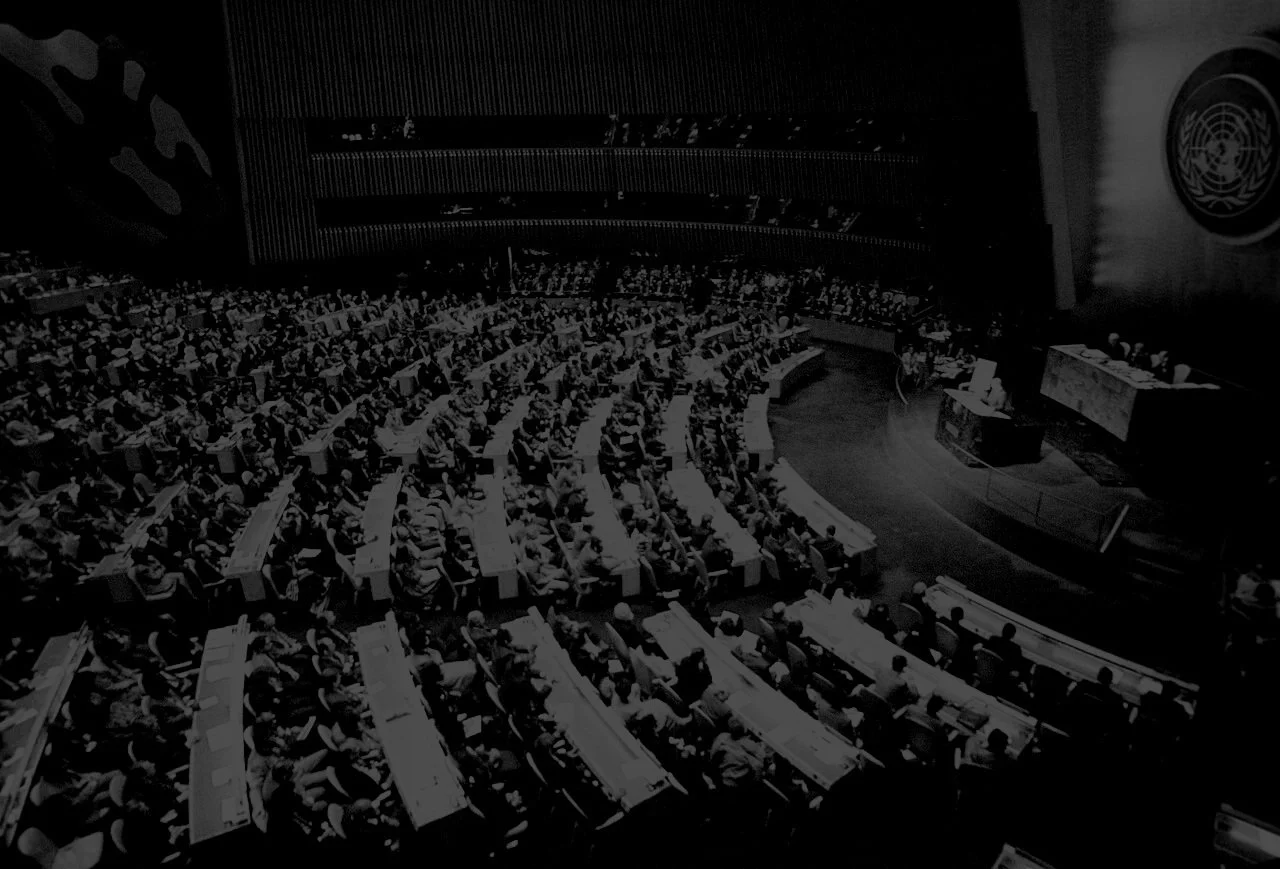
Insights
State concerns with sovereign entitlements are not new, but “sovereign AI”, a term of art now in active circulation, is breathing new life into familiar elements of statecraft and international relations. The promise and the peril of artificial intelligence, and the market and political influence wielded by AI technology developers, are headline preoccupations. Official bodies, from national governments to industry regulators, are taking a close look at what this means for their strategic and national security interests.
CASE SUMMARY: This piece argues that China's official economic data is fundamentally unreliable because the government prioritizes political requirements over statistical accuracy, creating a major liability for investors. It highlights practices like "adding water" to provincial GDP figures and recent decisions to stop publishing data on capital outflows as examples of an opacity that erodes trust. The article concludes that this forces observers into a "cottage industry" of using proxy indicators, such as electricity consumption or railway cargo volumes, to try and discern the true health of the Chinese economy.
CASE SUMMARY: This analysis describes outer space as an increasingly "congested, competitive, and contested" geopolitical frontier, driven by the strategic value of satellite technology. It argues that the domain, once a "global commons" dominated by the US and Russia, is now seeing a host of nations like China, India, and Brazil develop their own satellite capabilities to assert "information sovereignty" and challenge US supremacy. The article concludes that this trend, coupled with an outdated legal framework, will lead to more frequent and problematic assertions of national interest in space.
CASE SUMMARY: This article examines South Korea's strategic use of the 1990 German reunification as a historical analogy to build public support for Korean reunification. It details the government's launch of an online archive of German documents to educate a populace increasingly concerned about the potential economic costs of absorbing North Korea. The piece concludes that while the project is a novel attempt to shape public expectations, critics view it as propaganda aimed at preparing for a North Korean collapse rather than a genuine, negotiated unification.
Experimental Field Notes From The End-User Frontier
Experimental Field Notes From The End-User Frontier
Experimental Field Notes From The End-User Frontier
A selection of newly published items in Foreign Affairs, Earth.org, National University of Singapore, RUSI Commentary, Washington Times, Financial Times, MSN, and Geopolitical Monitor.
Maybe the c-suite really does have to change and adapt to geopolitical uncertainty. Let’s assume for now that it does. There’s some prima facie logic to it. Then who, ultimately, should carry the load?
A dynamic reading list of the latest articles, essays, and reports on geopolitics and the c-suite, updated and reviewed for CKS clients.
Should the c-suite reconfigure itself to better navigate choppy geopolitical waters? There’s more at stake than theoretical staffing requirements and new leadership challenges.






